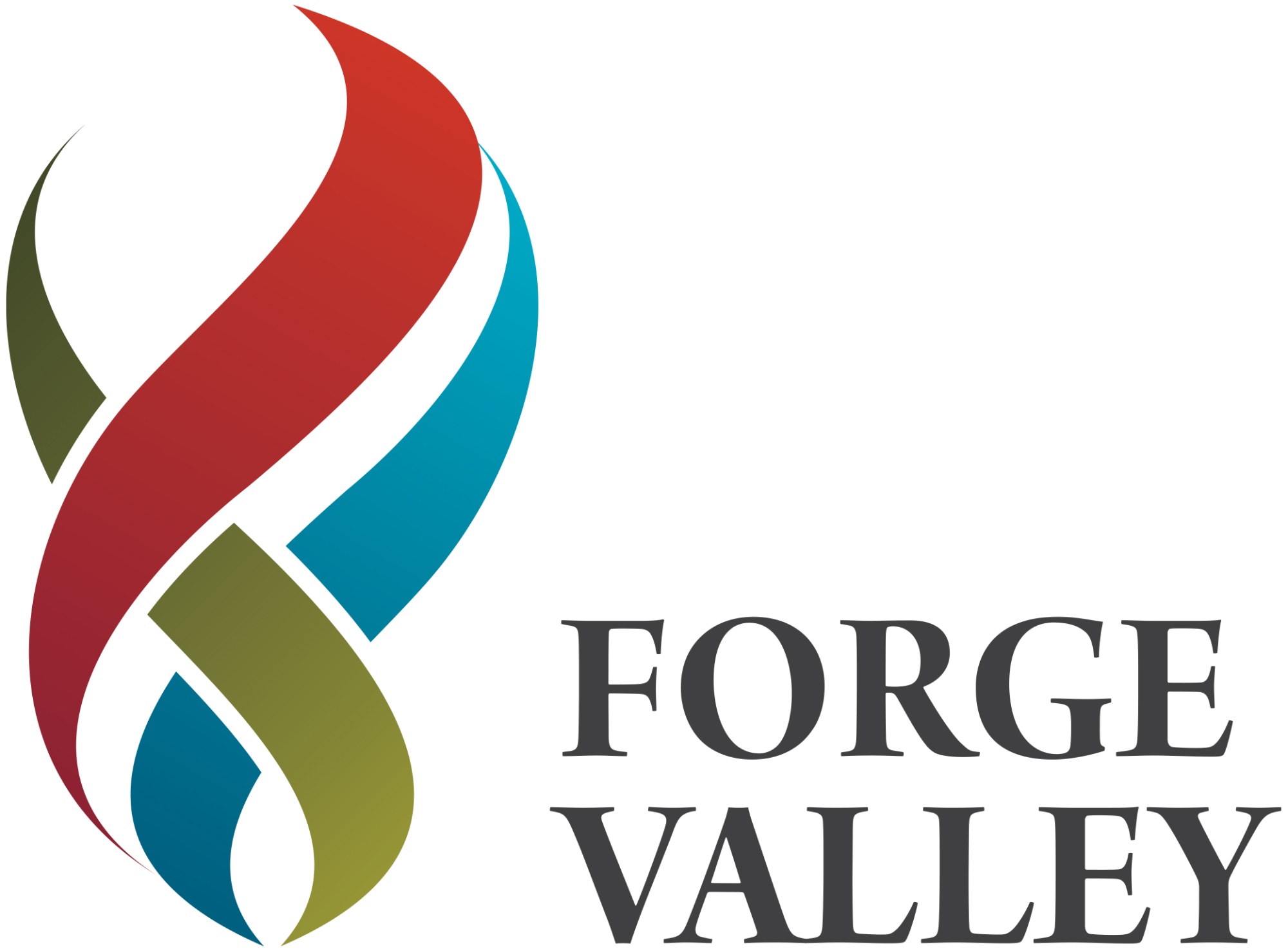Physics
How is the course assessed?
3 Exam papers: Modelling physics, Exploring physics and Unified physics. A teacher assessed practical endorsement, which is not examined but you need to demonstrate certain techniques and skills related to specific practicals.
What is the average class size?
Around 12 students.
Are the teachers specialists in the subject area?
Forge Valley students are lucky enough to have 4 experienced a-level teachers who together have been teaching it for almost 40 years. Mr Gray has an Astrophysics degree, Mr Warren a Physics and Astrophysics degree as well as Civil Engineering and Sound Engineering qualifications Mr Castle has a degree in Physics and Dr Hilton is a doctor of engineering.
How successful have previous students been in this subject?
Previous students have gained places at their preferred universities including Oxbridge and Russell Group Universities. All students over the previous 5 years have a achieved a grade in A-level physics.
What other subjects compliment this course?
Physics is closely linked to maths, with common content and similar skills. Physics will support your study of other science and tech subjects, including chemistry, biology, engineering, geography and computer science.
Will studying this subject allow me to go to university?
Yes, physics is a facilitating a-level. It’s part of the group of four that most science related degrees require. (As well as maths, biology and chemistry)
If you want to continue to physics, engineering or natural sciences you will need maths a-level too.
What careers can the subject lead to?
Physics can lead to the majority of STEM (science, technology, engineering and maths) careers and you’ll find physicists everywhere, in industry, transport, government, universities, the armed forces, the secret service, games companies, research labs and financial institutions.
Physicists are problem solvers, so they are involved in building things and developing new technologies, including: engineering, architecture, astronomy, robotics, renewable energies, computer science, communications, space exploration, science writing, sports and games technology; and researching a wide range of problems from climate change to infection control.
